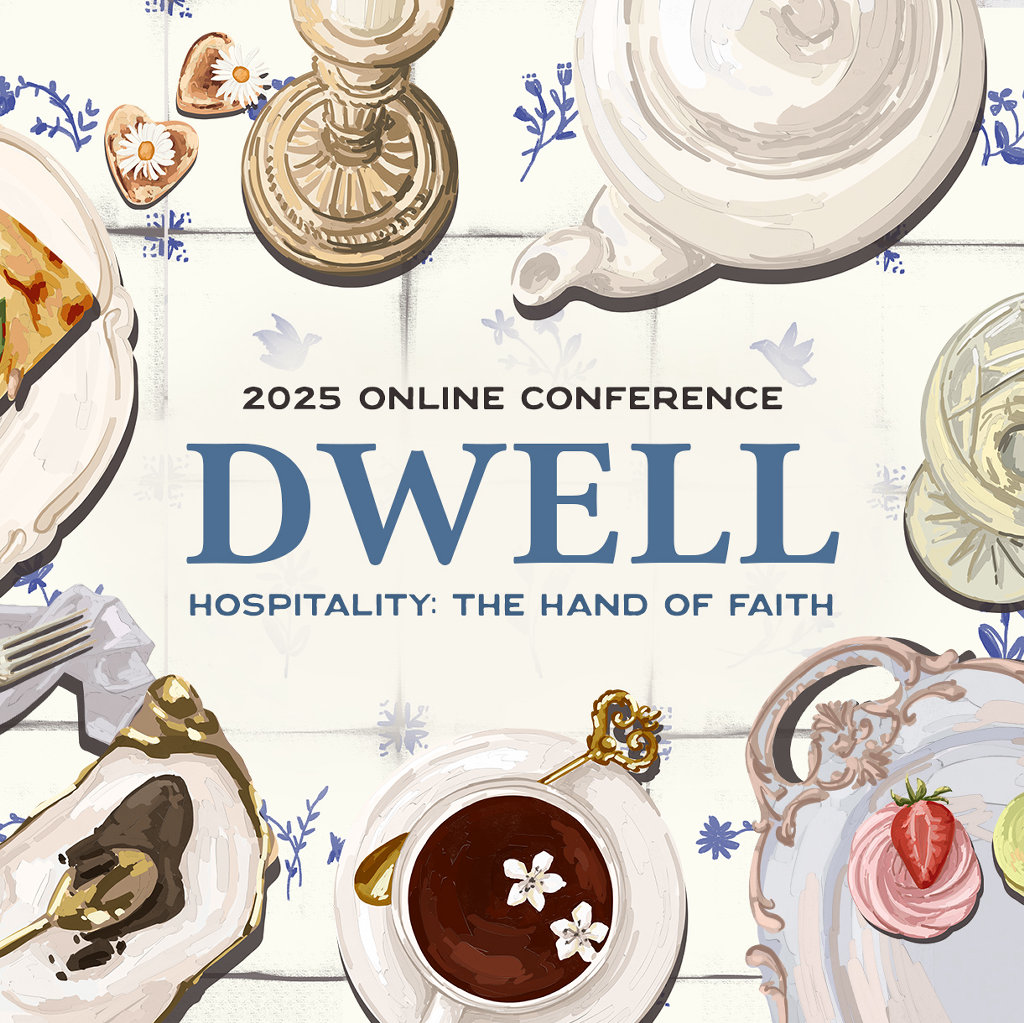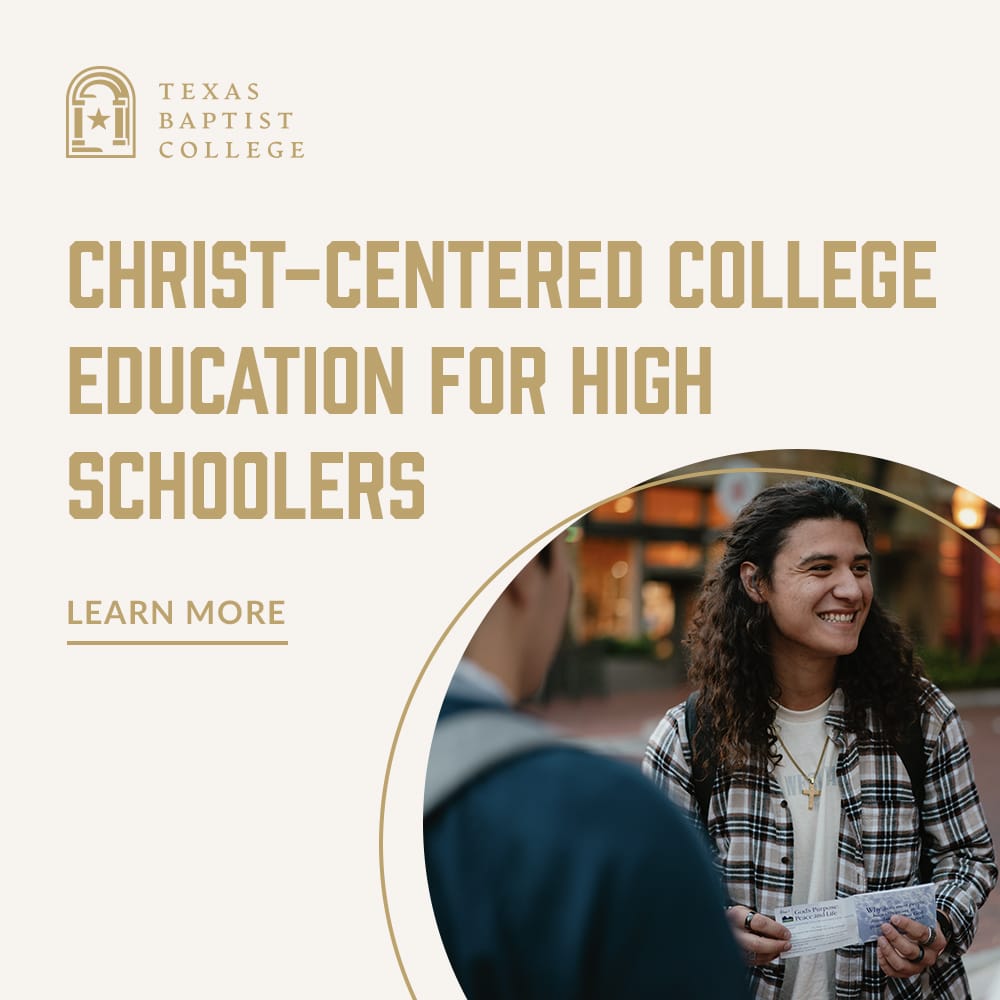What Can Homeschoolers Learn from Traditional Schools? An Interview with Cindy Rollins

Here at CiRCE we believe there’s strength in numbers. If the Christian classical renewal is going to be truly meaningful and lasting then we have to work together, wherever and in whatever setting we are teaching. In some ways we need to think of ourselves as one large community. So we thought why not explore that idea a little bit. In this first installment, we chat with Cindy Rollins — experienced homeschooler and author of Mere Motherhood — about what homeschoolers can learn from their counterparts in traditional schools. In our next installment we’ll flip that and ask an experienced school teacher what schools can learn from homeschoolers.
Cindy has some really wise and helpful things to say here and we hope it proves beneficial. Enjoy.
As a longtime homeschooler did you ever find yourself looking over at traditional schools with jealousy (for the resources, structure, etc)?
Absolutely. School often seemed like the place where everything would not be my fault. I loved teaching my children but when I had the inevitable panic attack that there were holes in my children’s education, school looked like a place where even if they didn’t get the best education no one could blame me.
There were also times when the community surrounding the school appealed to me. This especially struck me when we attended churches where most of the kids attended one school. That was how I grew up and there was a camaraderie that goes along with a unified school environment. Sometimes I felt left out of that.
And then, of course, there was the appeal of nothing interrupting the school year at a traditional school. In a school the train just kept chugging along no matter if the washing machine broke, the horse ran away, or the baby got sick. That almost sounded like Heaven to me when everyday was a mystery waiting to happen at home.
And now that my youngest son Alex is in a traditional school I am very pleased that he has many male teachers. Since most schools I knew had what I called ‘somebody else’s mother’ teaching the students, I never felt that school was an answer to finding masculine mentors, but for Alex it has been.
Is there anything you have observed in a traditional school that you think can be applied to a homeschool environment?
Hard question! I guess the most significant thing would be the aspect of community especially where we see longterm commitments.
Many communities start but then fade away as difficulties and disagreements arise. True community withstands these onslaughts and is really something that happens over . . . wait for it . . . the long haul. Homeschoolers have the benefit of making quick changes and decisions, but there is a downside to that. Sticking with a marriage, or a church, or a school, can bring about that flawed but rich community life we all long for. As an aside, I do not believe people should stay in marriages, schools, or churches where abusive power is in place.
Traditional schools with sports teams are usually very competitive and have that thing called school spirit. You play to win. Homeschoolers often play to have fun, but as my dad likes to say, it is more fun to win. Also we don’t get the benefits, which are many, of losing if we aren’t at least trying to win. So I think homeschoolers could bring more intensity to their sports activities. The common goal of overcoming an opponent is a big help in building community and a life skill we all need. You know, “the Battle of Waterloo was won on the playing fields of Eton,” and all that.
You mentioned the aspect of community and how schools can effectively create that in a way not often possible in homeschools. And, of course, there’s the age-old criticism that homeschooled kids are under-socialized. Do you think there is something inherently better about the kind of community a school can create than one limited primarily to the family?
Yes and no. I do not think one family creates a complete community. It is an age-old criticism of homeschooling, and perhaps a fair one, especially in some of the earlier years when homeschoolers faced opposition at church and in their other communities. But it is a weakness that can be easily dealt with in many different ways. I like it when homeschoolers, public schoolers, and Christian schoolers all hang out together. A real community is somewhat diverse. Obviously we are drawn to like-minded people, but a church with only young people, no matter how cool the music is, does not really make up a community anymore than a church with only homeschoolers. We need to rub up against people whom we love but who differ from us.
The socialization myth is interesting. Most homeschoolers I know are pretty social, but even so, there is still the stereotype of the weird antisocial homeschooler and that is not completely false. The question is, do we all have to be alike? Sometimes it seems like the critics who blast homeschoolers for being weird really just want everyone to look alike. Indeed we do begin to look like those we hang around. The Bible mentions over and over again the value of having the right friends. Homeschoolers are often better at finding friends across the lines that industrial society has placed us in. They are often very comfortable speaking with adults. When my homeschooled son went to public schools, the teachers loved him because he talked to them. He broke a barrier because he didn’t know it existed.
So while schools do have some aspects of community built in, I don’t see them as something homeschoolers could not overcome easily — and, in fact, in recent years they have become quite adept at it. Homeschoolers aren’t as weird as they used to be.
While schools do have a built-in community which is appealing, they also give up learning in a natural environment pushing artificial constructs onto education which blur the lines of what it means to be a truly educated person. But I also believe many schools are doing a better job of overcoming this too.
What I would really love to see is an acceptance of one another in our church communities—less defensiveness on all sides.
Is there anything you have learned from teachers in traditional schools that you wish you had known when you started out homeschooling?
I have learned over the years how much most teachers care. I was very discouraged by my own education, and I guess I had internalized a feeling that it was the fault of the teachers rather than the system’s. No, not every teacher is a gifted teacher, but I think the vast majority of teachers care and that has been encouraging to me. I have great sympathy for teachers who have to study classroom management rather than knowledge. That must be a dream crusher. I have come to have great admiration for public school teachers.
You know many teachers in traditional schools and you’ve certainly listened to many of them speak at conferences or read their books. What practical, specific advice about the art of teaching have you learned from them that you wouldn’t have learned if you had not broadened your community beyond just homeschooling?
In thinking it over, because I really have a love of educational theory and have had for a long, long time, I probably have learned more about education outside the homeschool community than in it. Homeschoolers are all about application.
Sometimes we get the cart before the horse. I have learned that in spite of labels most excellent educational philosophies are similar to one another. So Stratford Caldecott ends up in a similar place as Charlotte Mason who often sounds like Wendell Berry who sometimes sounds like David Hicks. I love this. Classical education is often closely aligned with the idea of The Great Conversation and I love that we can find truth in unexpected places like a book on brain theory or a treatise on pain. Homeschoolers are very free to rummage around the universe of educational philosophy making adjustments as they go. A great school teacher might have a theory, but homeschoolers get to try it out in real time. Sometimes teachers helped me to recognize what I was already doing. They helped me see. Jamie Smith helped me recognize that Morning Time was a liturgy. Stratford Caldecott helped me recognize the places in my home where I had been including remembrance. Charlotte Mason insisted that we must see the world around us. David Hicks often challenges my assumptions, making me re-evaluate my philosophy. In the end, what I have learned is that most teachers love to learn and love to teach and that is a powerful combination.








